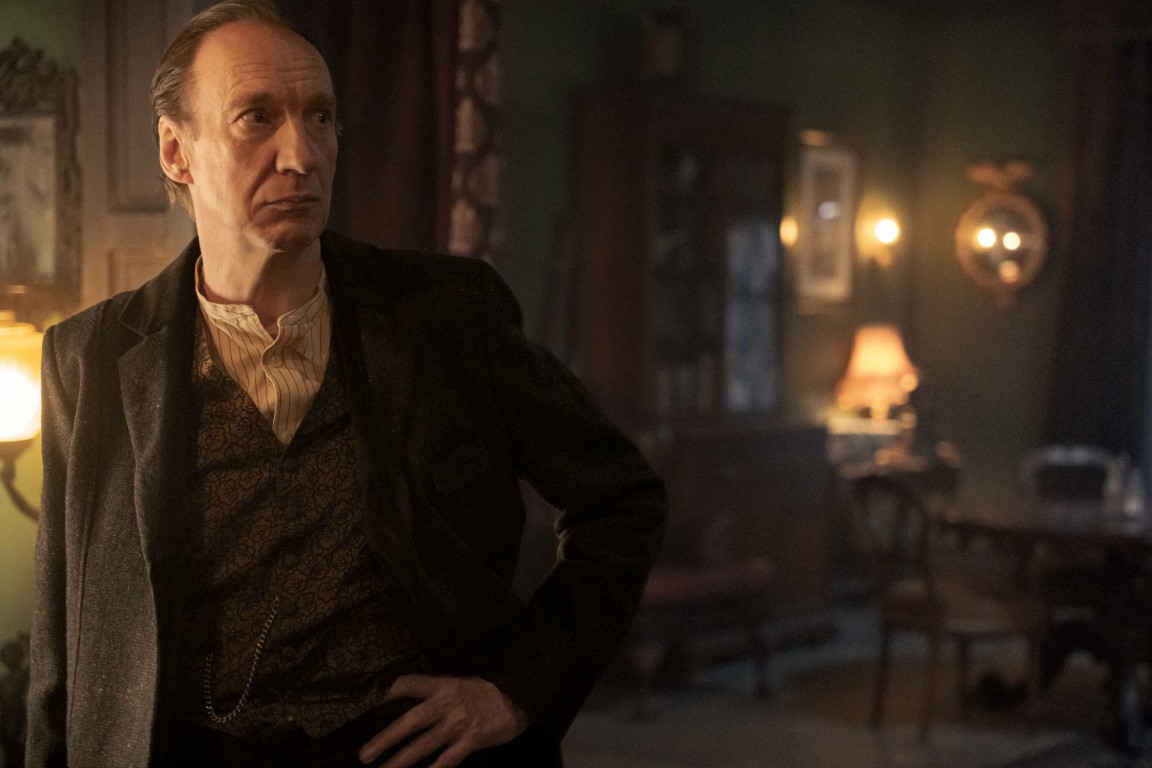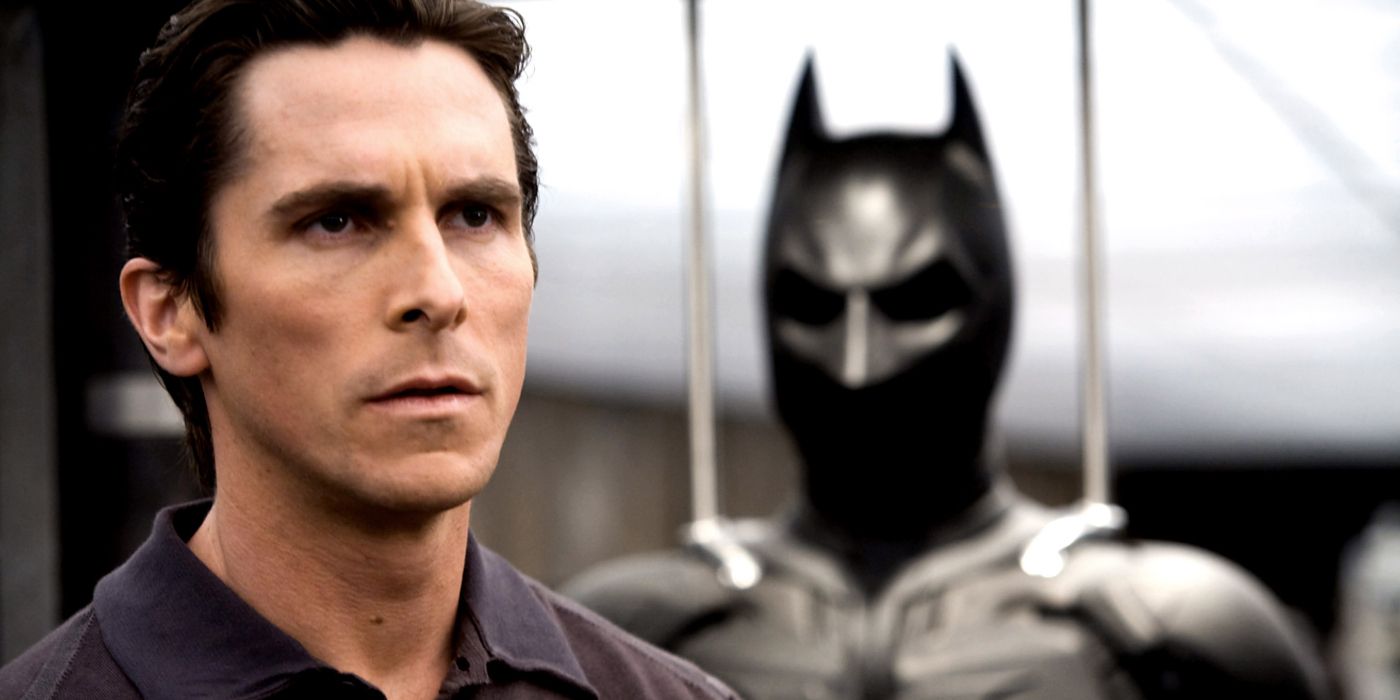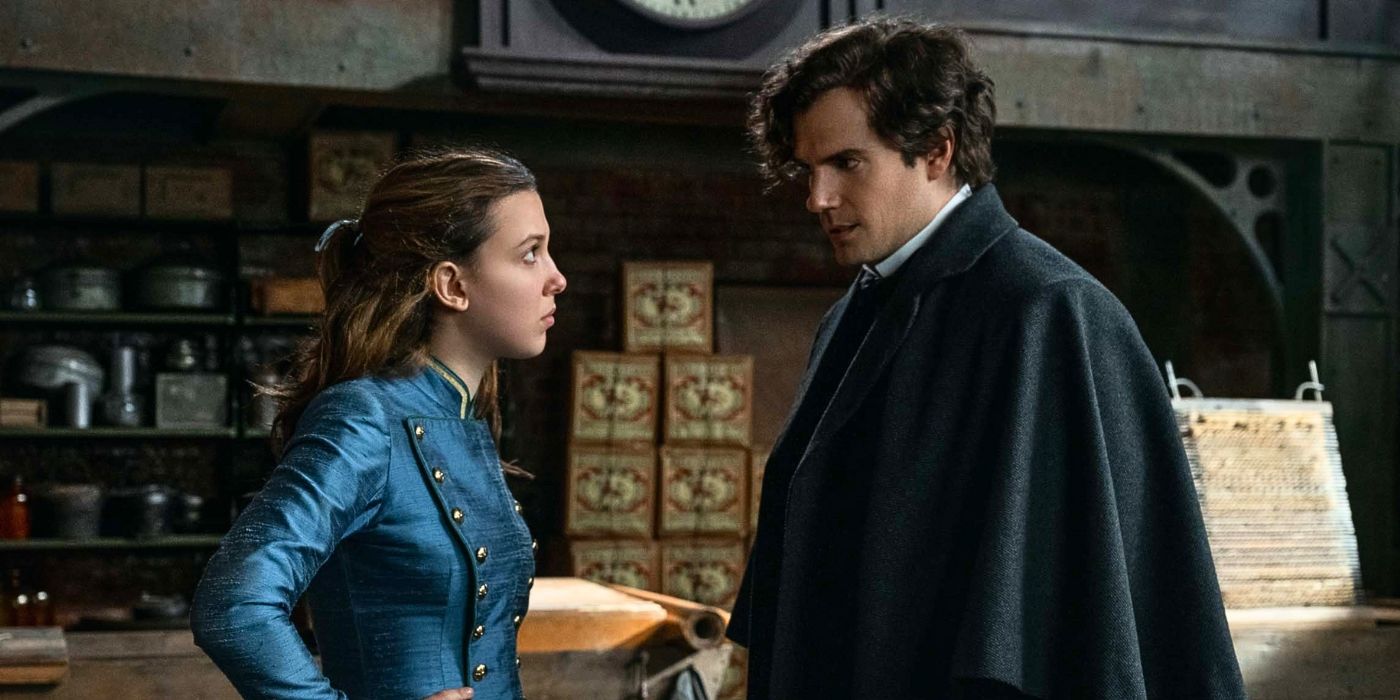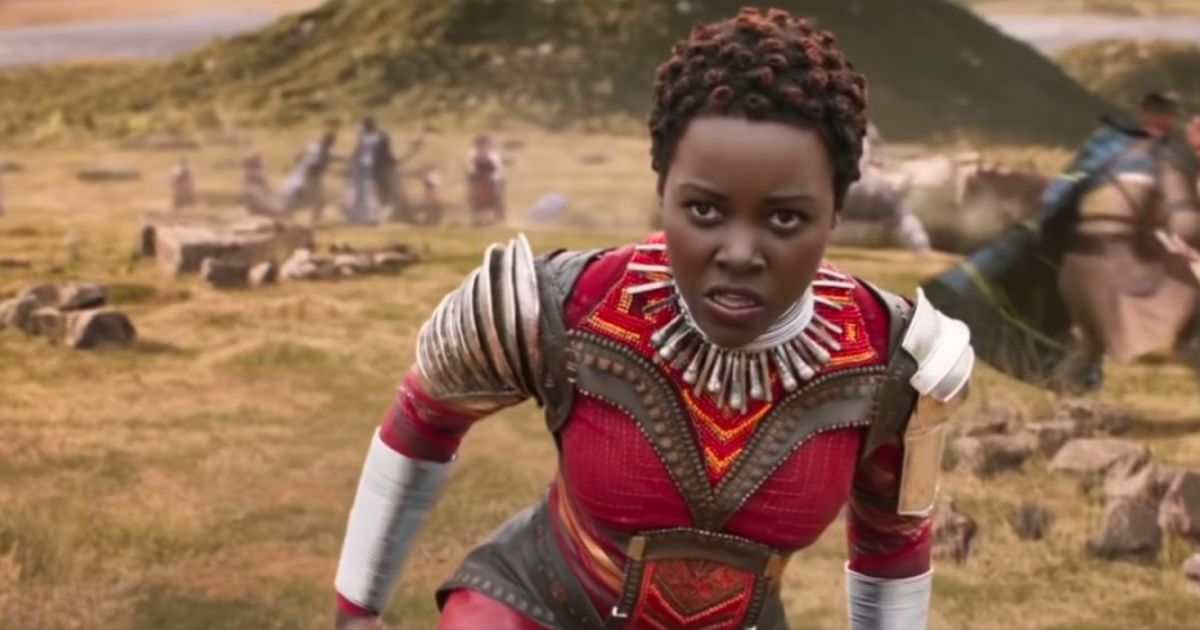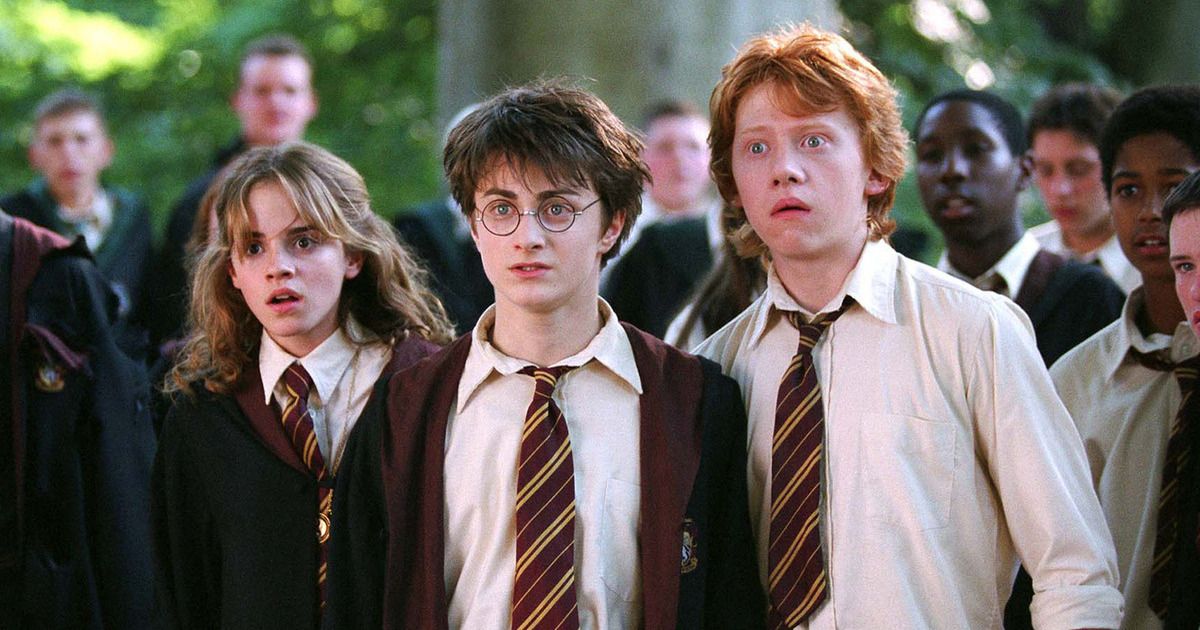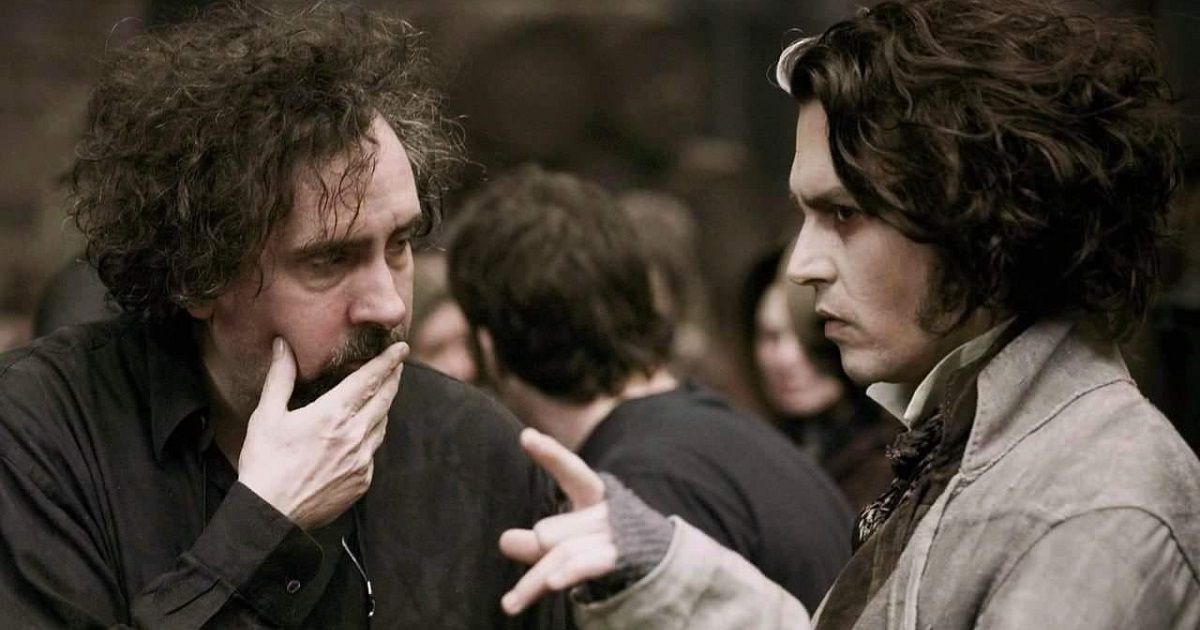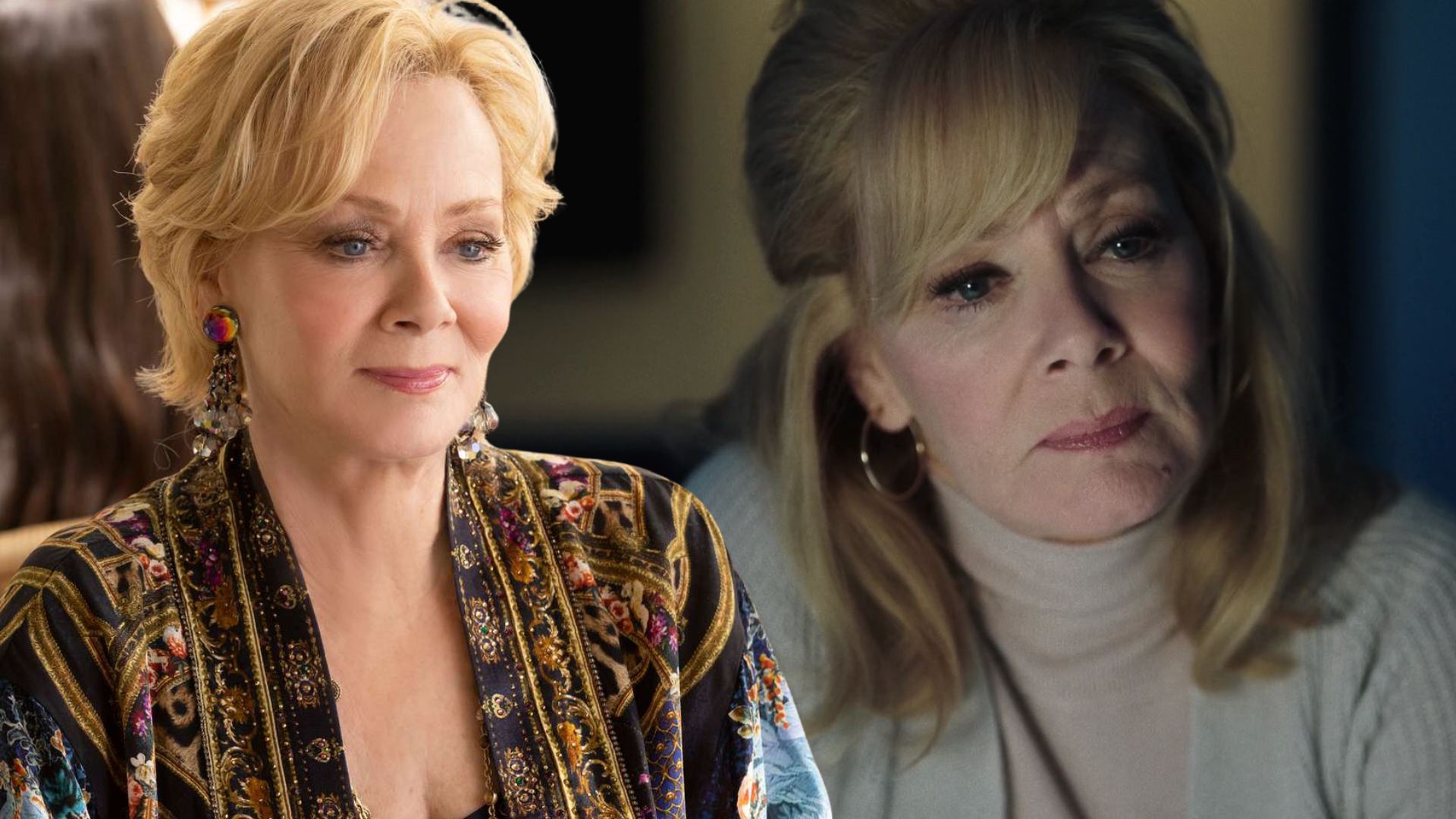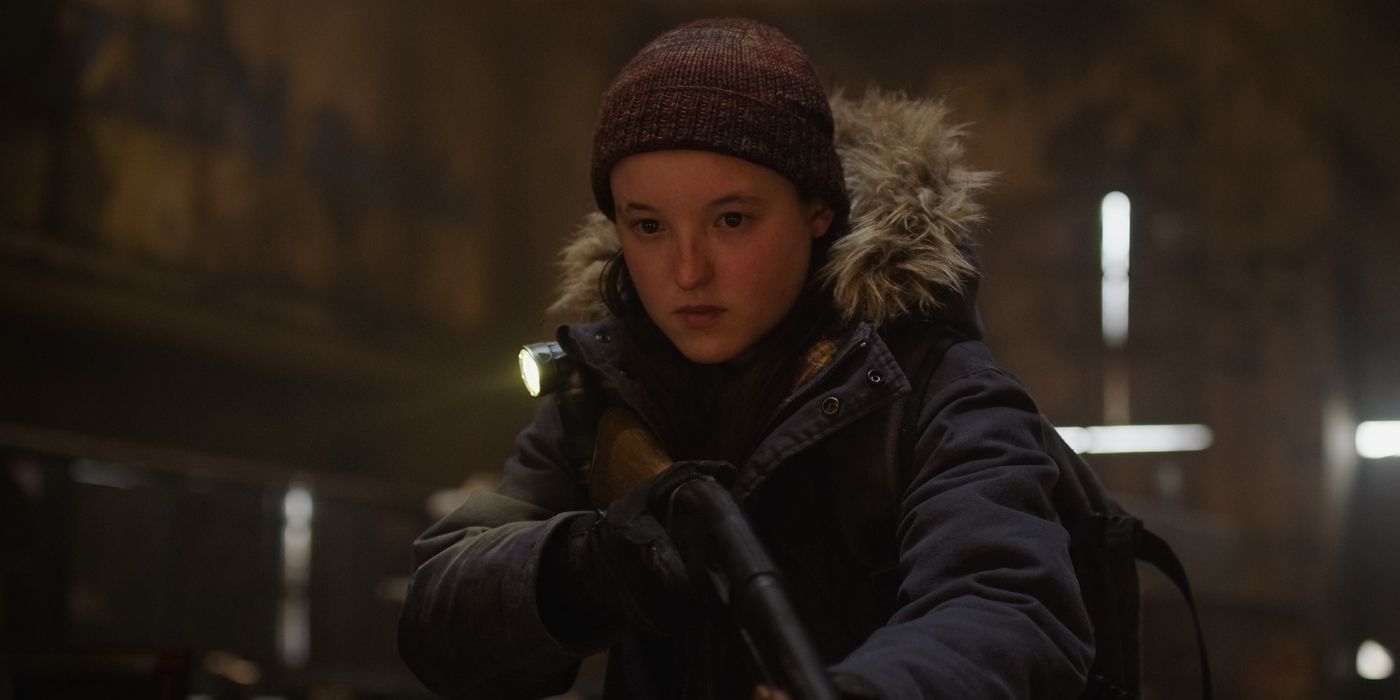The Woman King has been a success since its release in mid-September. The film, from director Gina Prince-Bythewood, starring Viola Davis, crossed over the $75 million mark at the box office, holding a 94% critic and 99% audience score on Rotten Tomatoes. The film is based on the Kingdom of Dahomey, which was prominent from the early 1600s until 1904. The Woman King focused on the Agoji, an entirely female group of warriors who protected the kingdom in the late 1800s.
Lupita Nyong’o was initially set to star in the film, a role that Lashana Lynch presumably took over following her exit. During an interview with The Hollywood Reporter, the actress briefly discussed her departure, saying there was no ill will toward anyone in the cast or crew. “It was very amicable, the departure from it,” Nyong’o explains regarding The Woman King. “But I felt it wasn’t the role for me to play.”
MOVIEWEB VIDEO OF THE DAY
Of course, Nyong’o isn’t struggling to find roles, as she’s one of Hollywood’s bigger names. In 2015, she provided the motion capture and voice work for Maz Kanata, appearing in all three Star Wars sequel trilogy films. Three years later, she would begin her role as Nakia in Black Panther, returning for the upcoming sequel, Black Panther: Wakanda Forever. 12 Years a Slave, Us, and Queen of Katwe are just a few other films with appearances from Nyong’o. Fans missed her presence in The Woman King, although the stellar cast was able to carry on without her involvement.
Related: Is The Woman King Historically Accurate?
Lupita Nyong’o Created a Documentary Surrounding the Agoji Warriors
As the THR report mentions, Lupita Nyong’o filmed a documentary centering around the Agoji warriors in 2019 as she traveled across Benin. In Warrior Women with Lupita Nyong’o, the actress learns more about the all-female warriors and their involvement in the slave trade and subsequent violence. During an interview with gal-dem during the same year of the documentary’s release, Nyong’o shared her feelings toward the Agoji woman and some of her difficulties with their history.
“The Agoji women were involved in the slave trade and that has changed the dynamics and polarization of Benin to this day,” Nyong’o says. “On one hand, they are a symbol of the power of the feminine, but they are also the pain… they caused the pain.” It’s possible her time filming Warrior Women urged her to step back from The Woman King, though the actress has yet to go into much detail.
Fans can see Lupita Nyong’o in her next upcoming film, the long-awaited MCU entry Black Panther: Wakanda Forever releasing in theaters on Nov. 11.
You can view the original article HERE.


